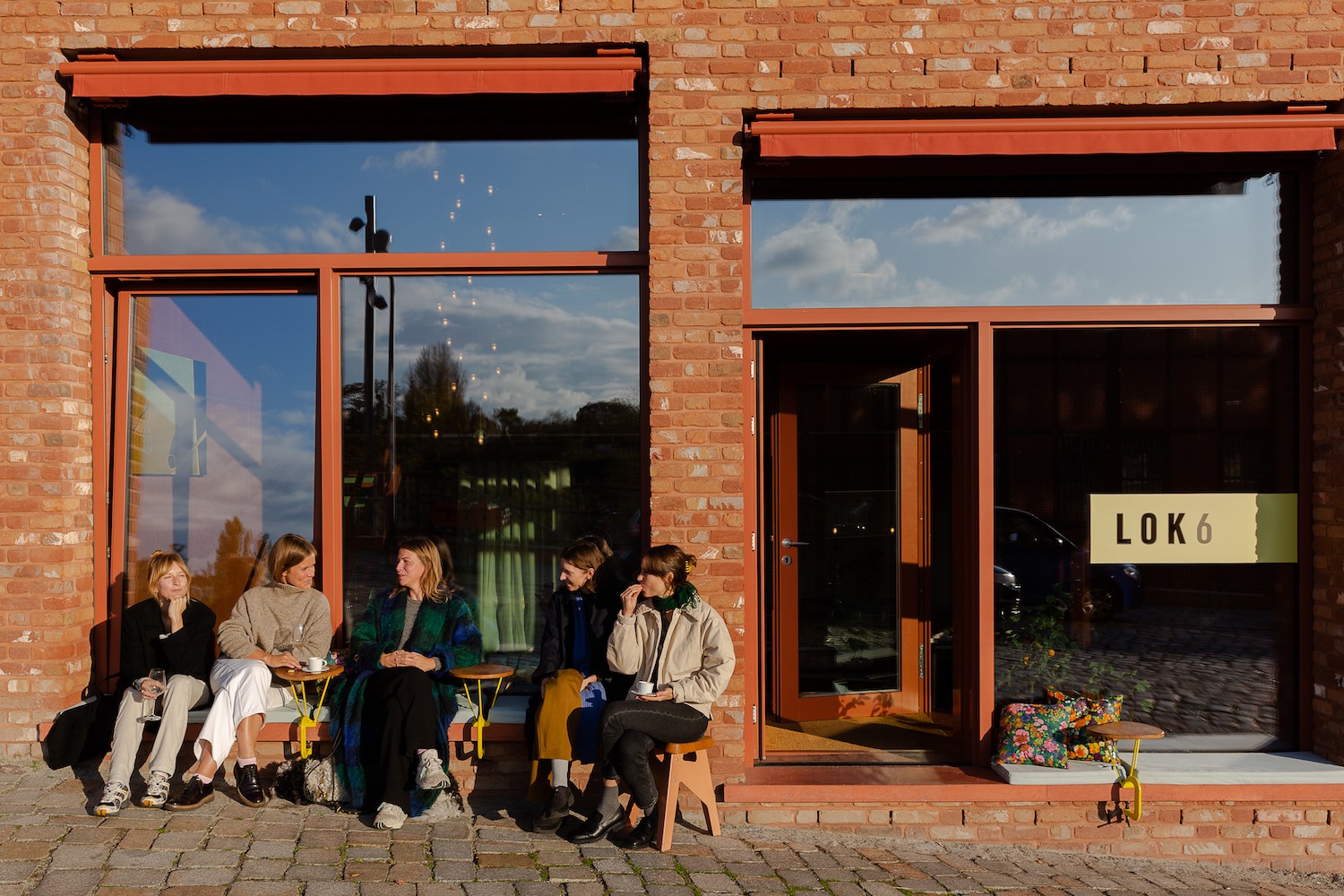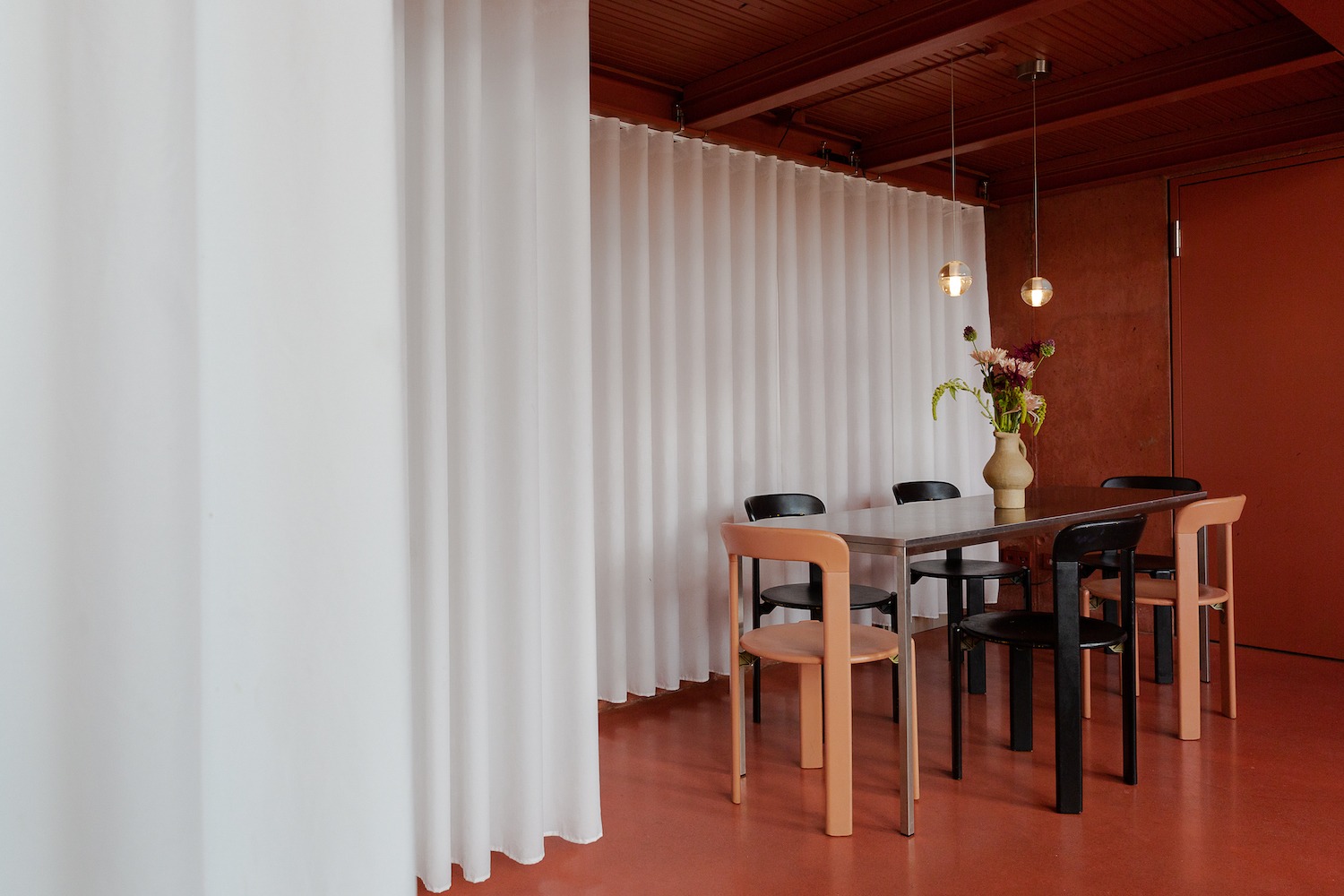Should gastronomy be considered an art? For Julia Heifer, the answer is yes. Four years ago, she quit her job as stylist and started to work around the idea of forming a culinary studio—where like minded people could exchange ideas, cook and work—that became a reality in 2017 as LOK6.
Located in Berlin, the space holds up to 24 people and provides the perfect environment for culinary lovers.
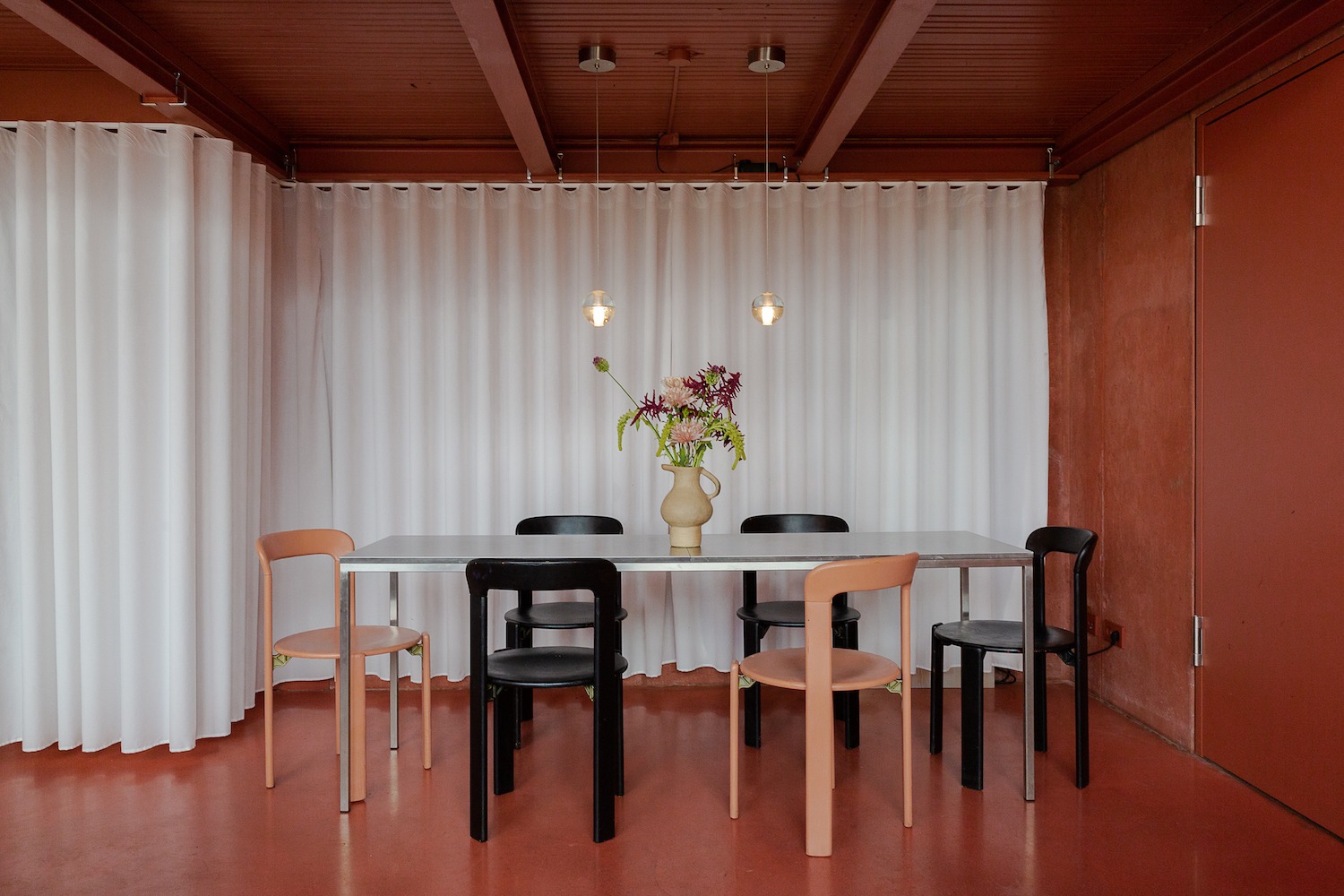
We are what we eat?
I couldn’t agree more! I think most people underestimate the psychological elements of food and eating – it has such an impact on our wellbeing, on our bodies and brains.
Do you think the current society is disconnected from the origin of what it eats?
From inside the bubble that I live in – in Berlin Neukölln with many of my friends being linked into the gastro scene – I would say less and less. But if I look beyond the bubble I realize that the connection with what they eat is lost for many. I mostly see that in consumers’ behaviour: Very few people are willing to pay a certain amount for food in general and for good quality in particular. I think life in big cities makes us forget how hard farming actually is and how much time and love goes into good quality produce.
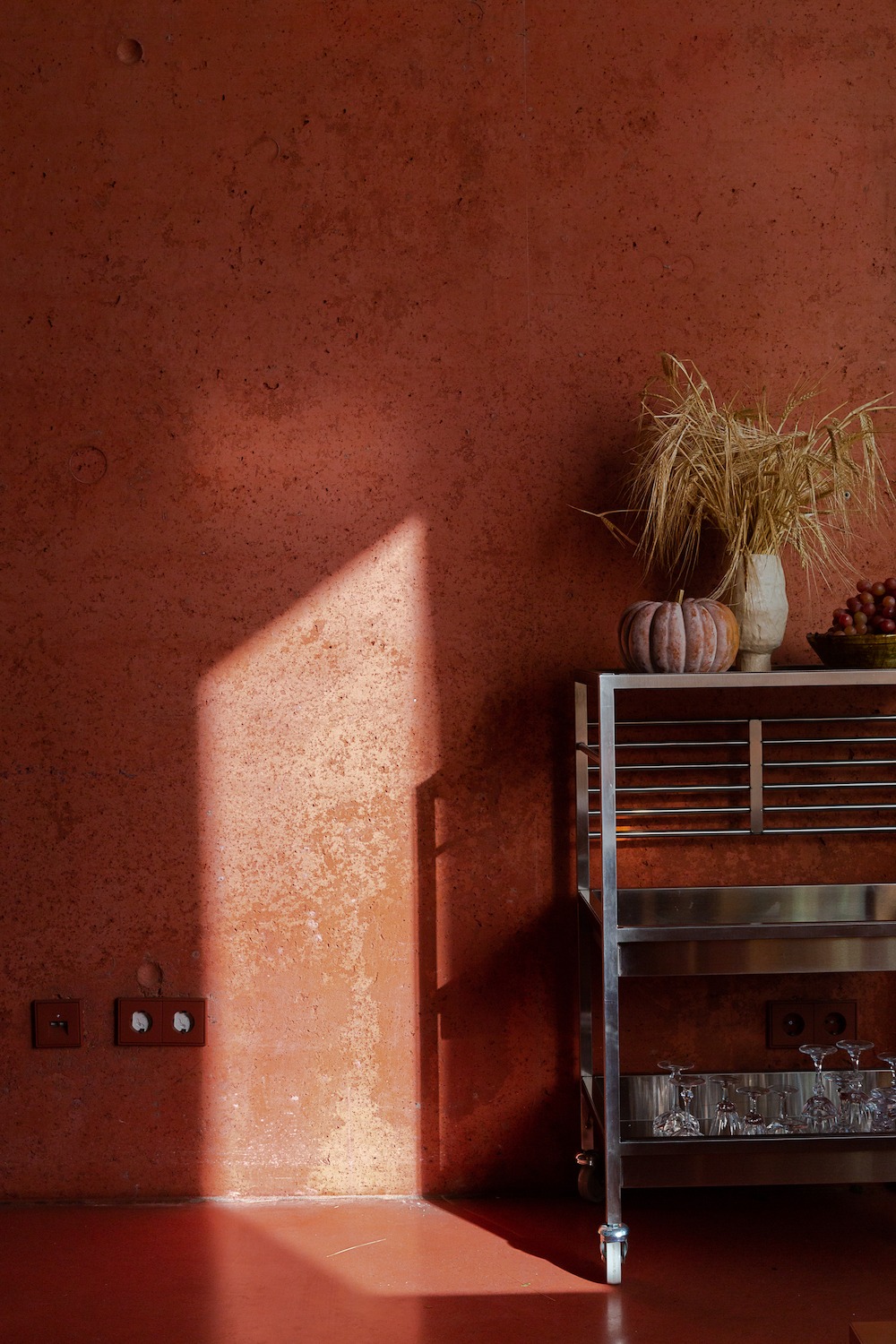
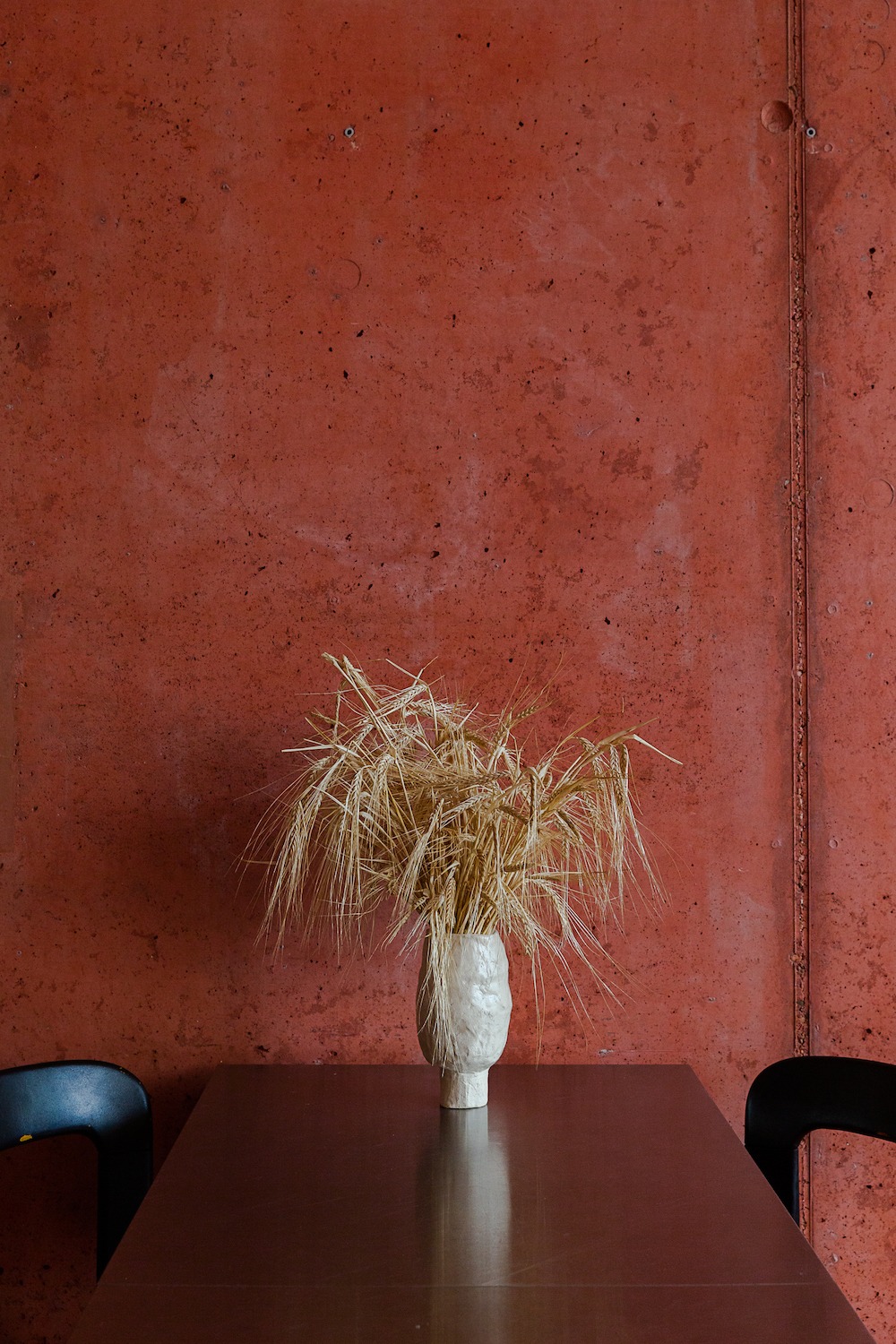
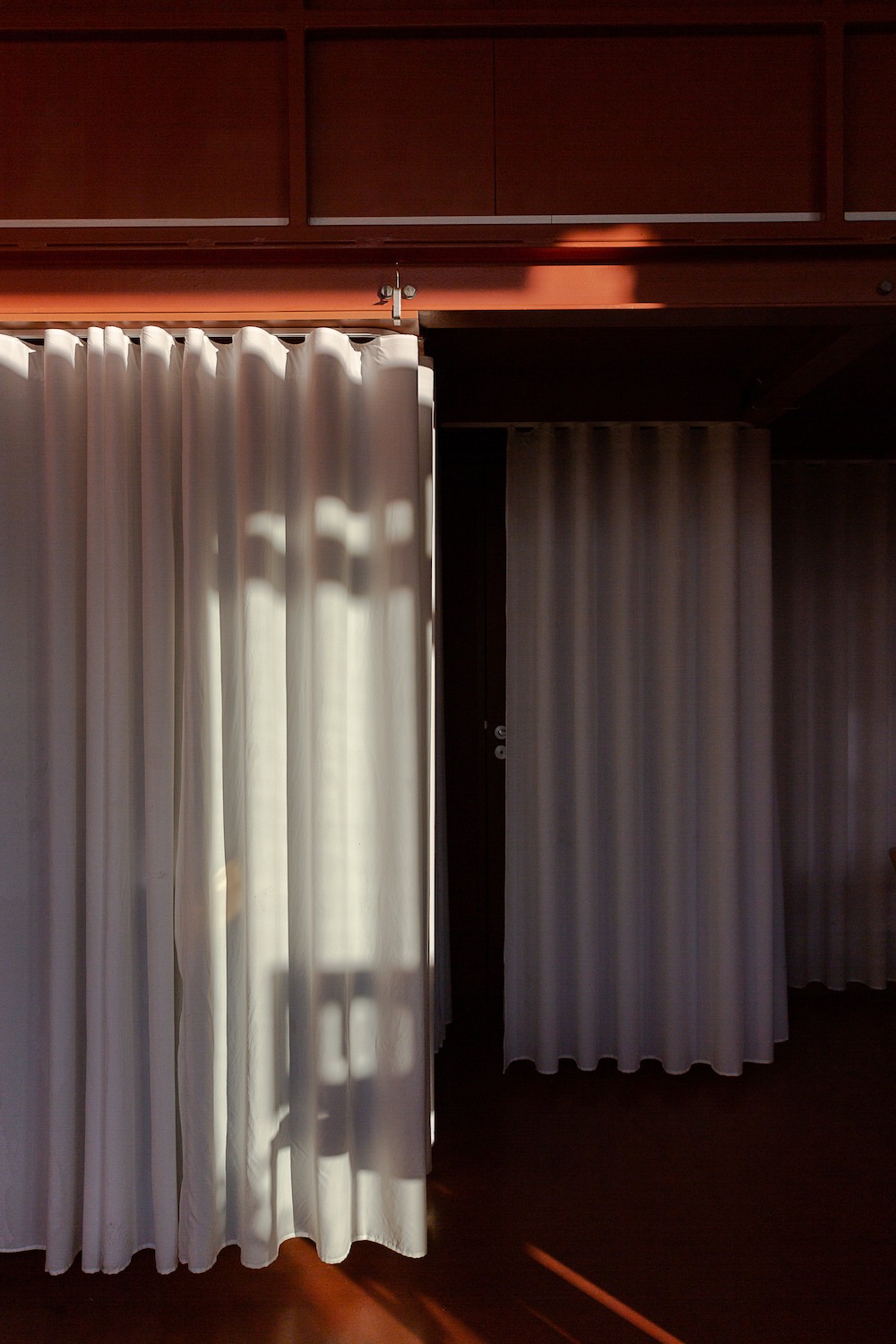
What does LOK6 seek to contribute to the Berlin kitchen? How do you define the project?
LOK6 is a neighborhood restaurant and culinary studio. One guest said to me that she feels like in a womb when she’s at my restaurant – in the most positive way. It’s a warm place, filled with love and where you’re taken care of. Next year I want to focus more on culinary events and basically feed people with simple and honest food but within an aesthetic setting and a warm atmosphere.
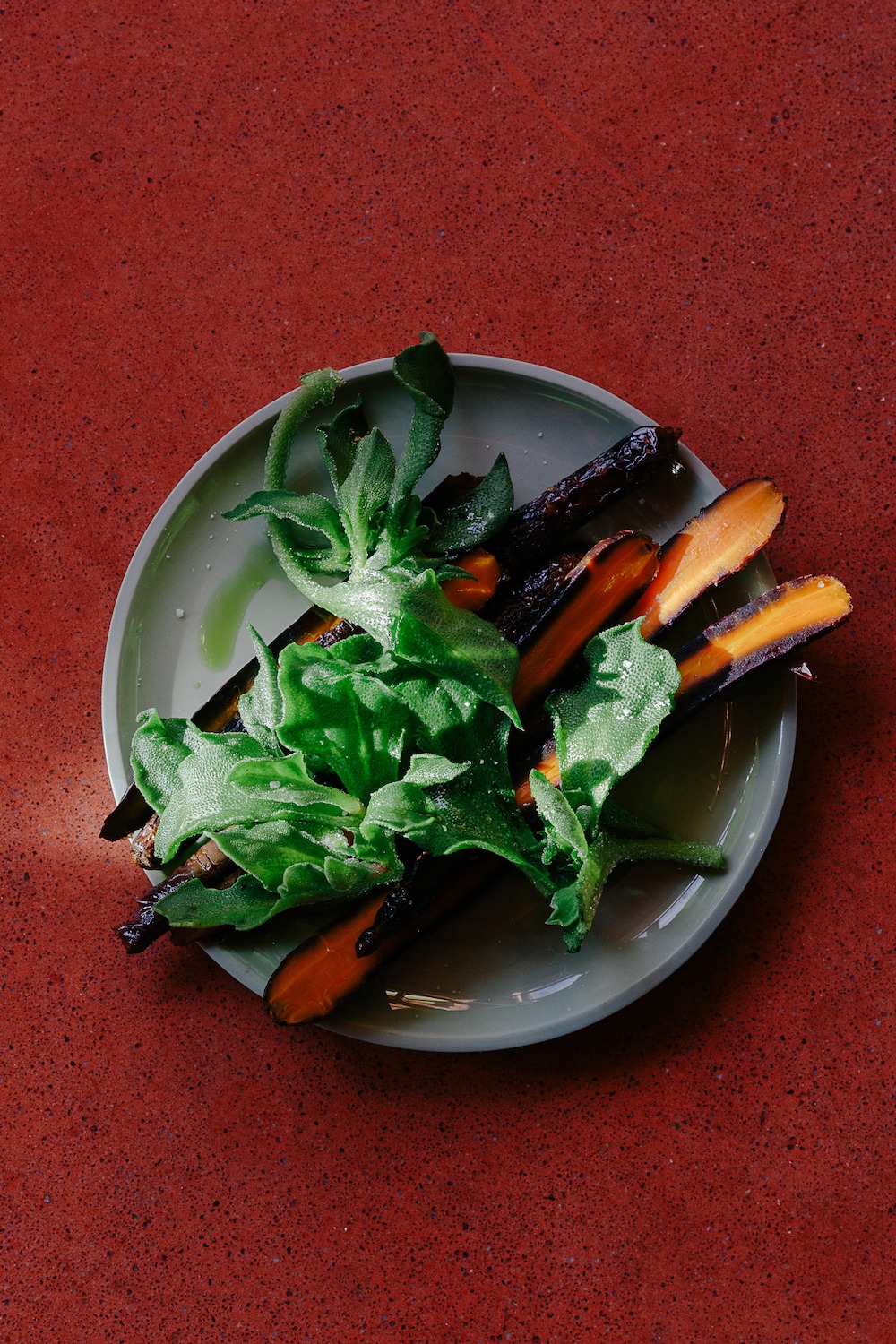

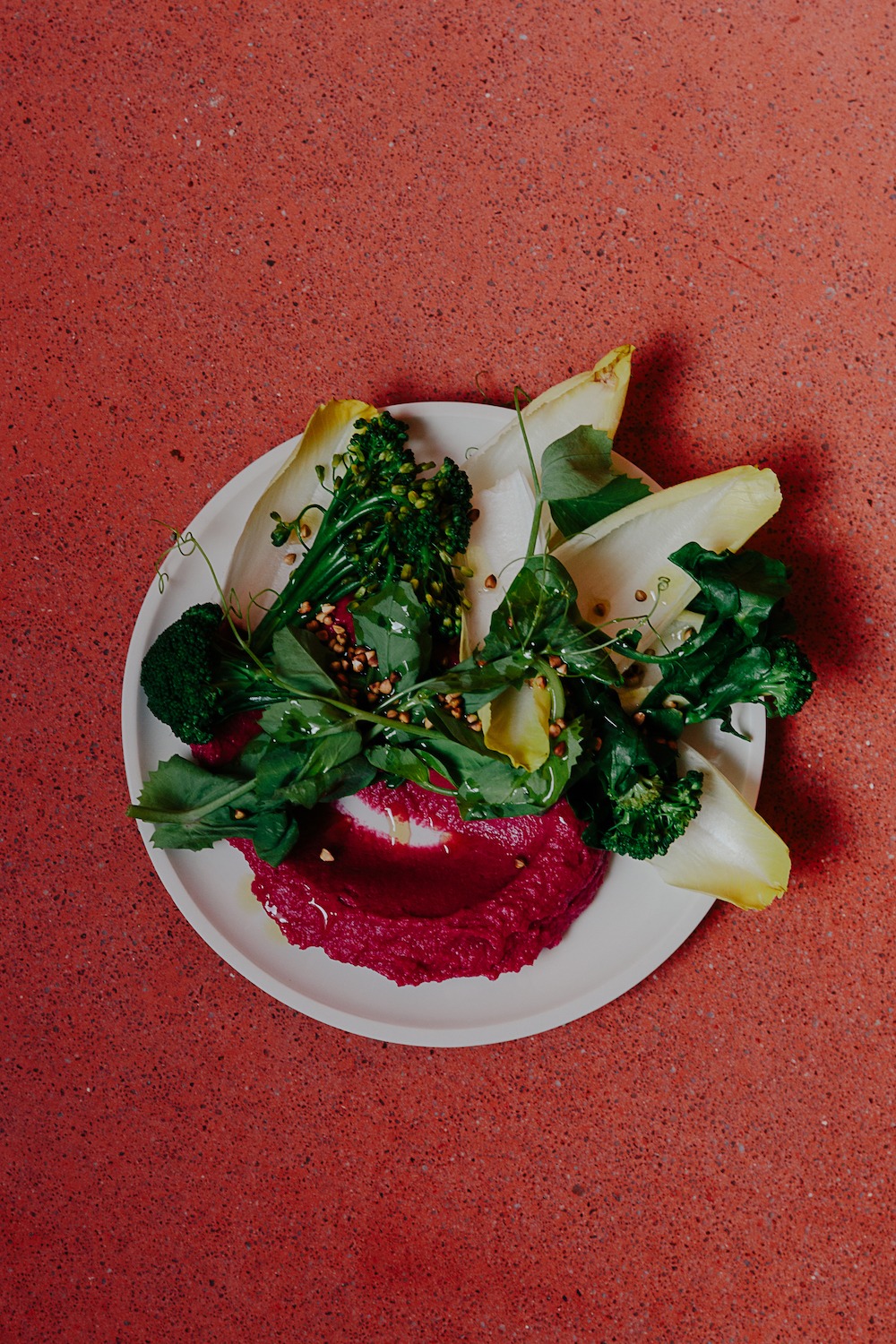
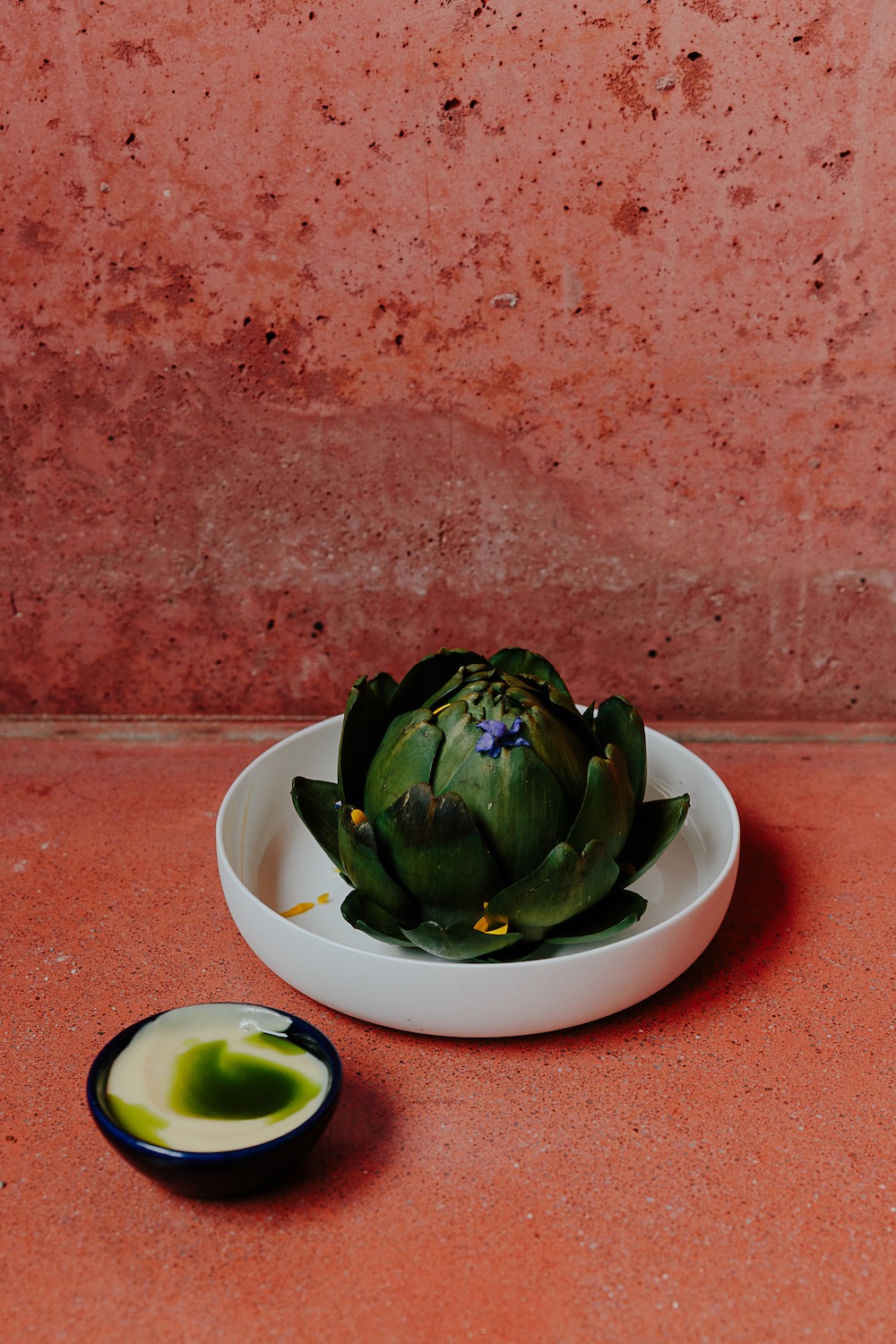
You were a stylist before becoming a chef, Why is the aesthetics of the dish, and not only its taste, so important? Which role plays on LOK6?
I German we say “das Auge isst mit” (meaning: the eye eats too) and I truly believe that. I want my food to appeal to all the senses and I think that a nice dining experience is about so much more than the food. The dishes can actually be quite simple and leave room for the quality of the ingredients to shine. The overall setting is almost equally as important: the light, the music, the materials and of course the people you’re with. Dining out can be therapeutic in a way. It makes you forget your troubles for a while and lets you enjoy the moment.
When did you realize that you could make cooking your profession?
It was a subconscious process. At first I cooked for friends and did small catering jobs for fashion shoots. I’m more of a “learning by doing” kind of person so even though I was very interested in food and cooking, I never considered actually going to culinary school. A friend of mine introduced me to Victoria Eliasdottir in the very moment I wanted to quit working in fashion. I jumped into cold water and never looked back.
What did you learn —and what did you unlearn, in your first job in Dottir’s kitchen?
I learned about teamwork! The fashion industry can be quite competitive but I never experienced that in a kitchen. We worked hand in hand and it felt like every single person on the team was a substantial “ingredient” for the restaurant to thrive. And I learned to be in the moment and focus on what my hands are doing. I still remember my head chef telling me not to lose myself in the meditative aspect of, say, peeling 6 kg of onions. I’ll never forget that sentence. It really keeps me going.
The taste for cooking has a very strong hereditary component. Are there any dishes on the LOK6 menu that are part of your family history?
I think much of the culinary heritage of German cuisine got lost in the 20th century due to the two World Wars. A young generation of chefs tries to bring these long lost dishes and traditions back to life and I love that! We work with the seasons and try to use as much regional produce as we can which is a good starting point to reconnect with our culinary heritage.
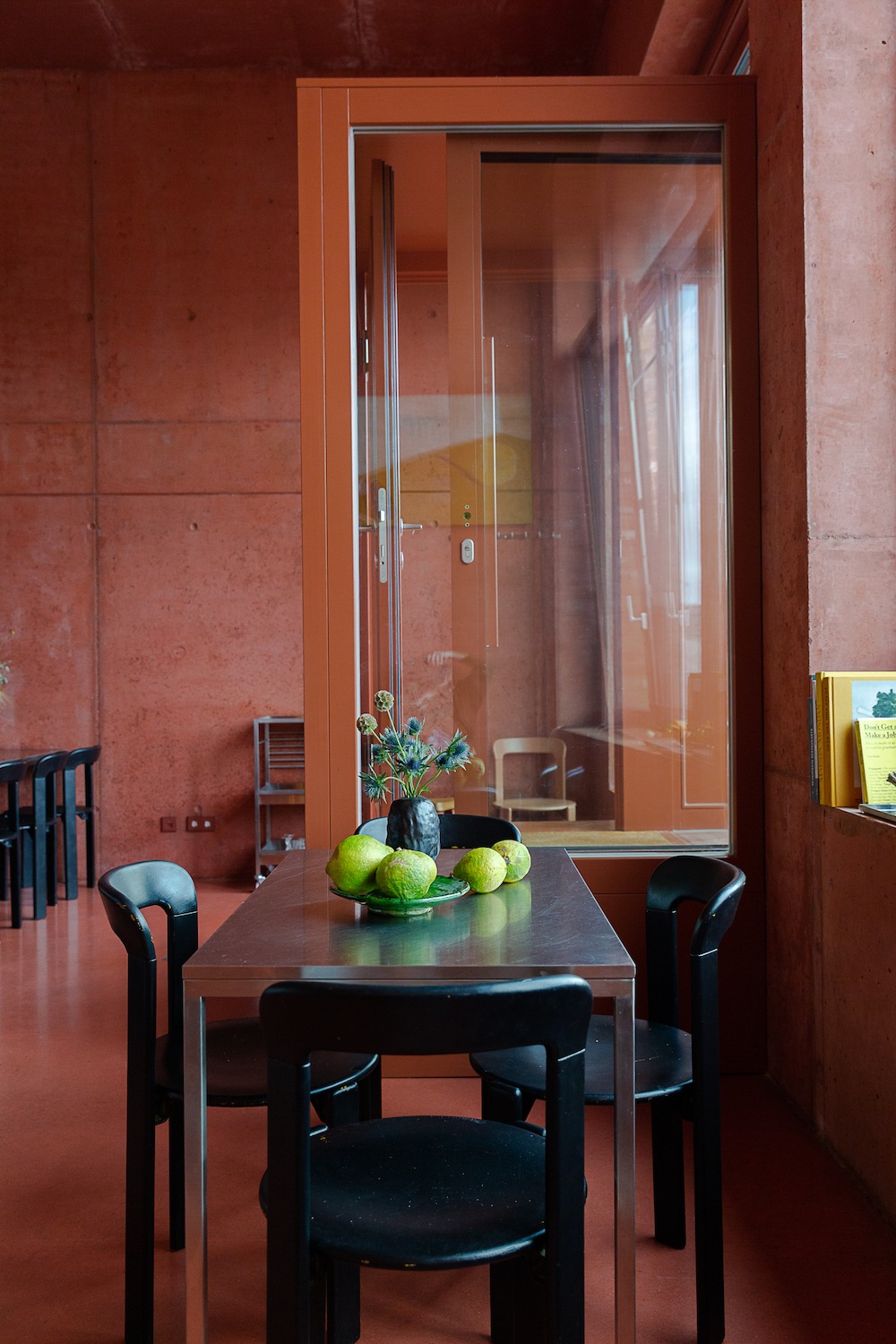
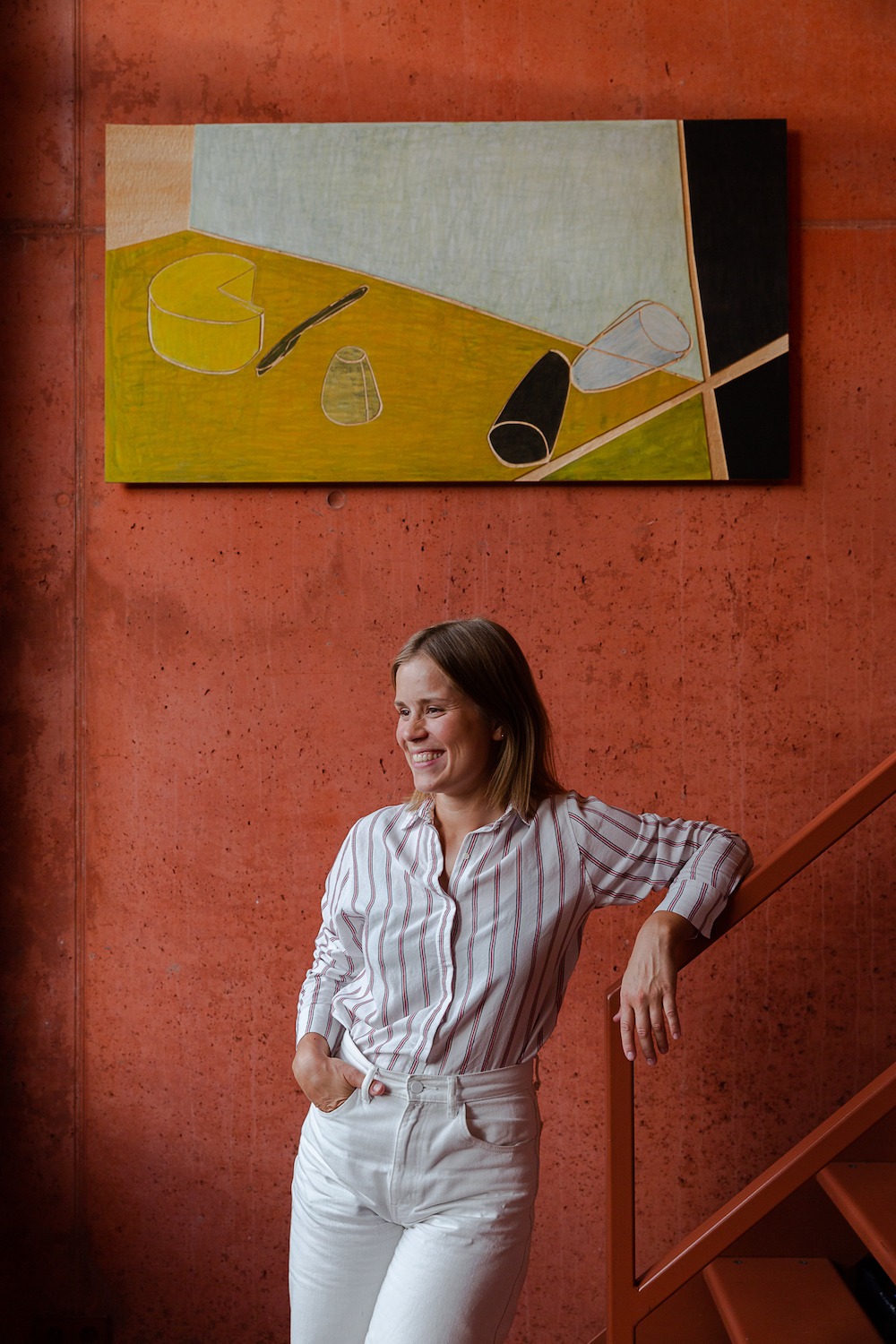
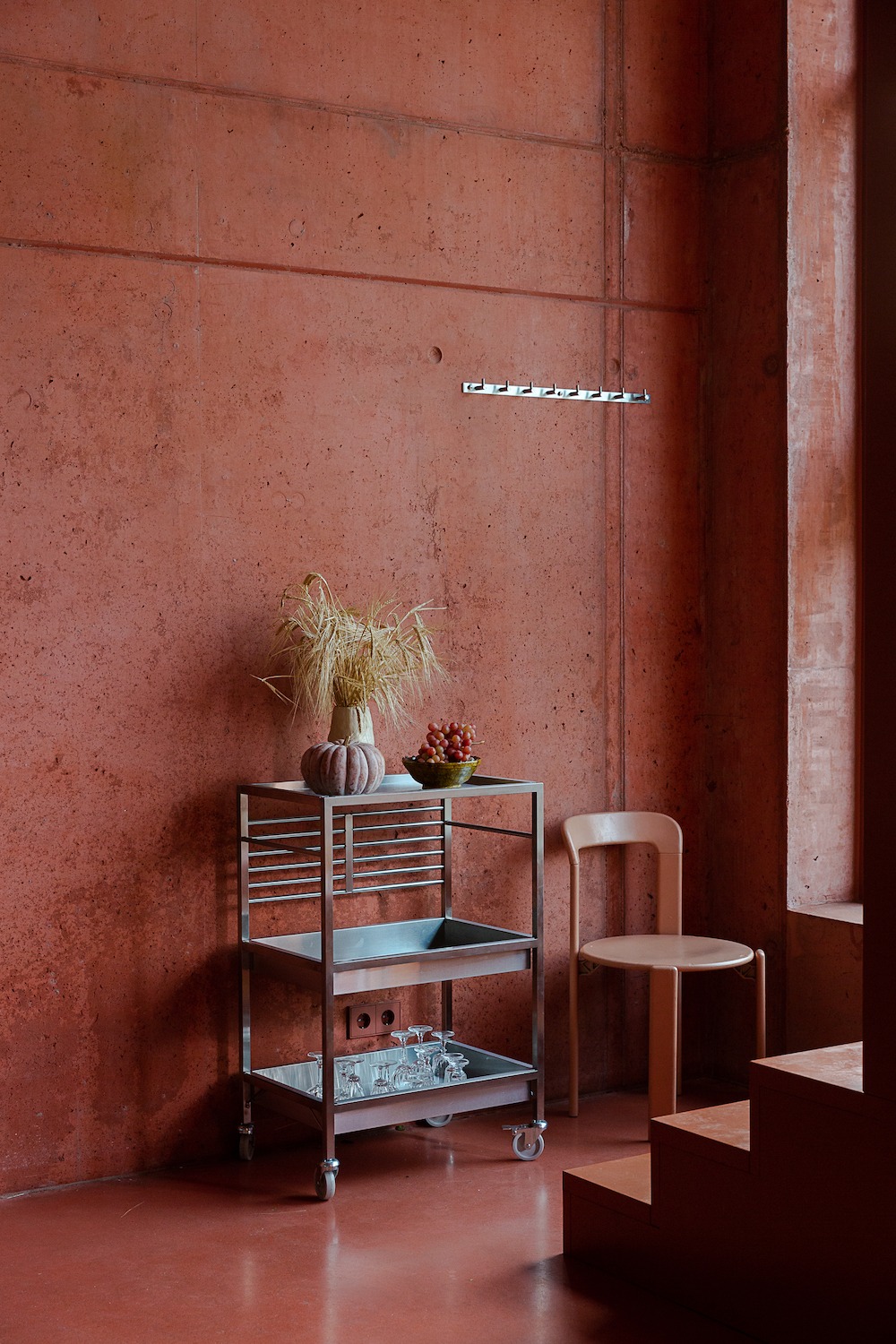
What is the profile of the Berliner foodie? What are they looking for?
I feel like people really just crave good food and professional service. The restaurant scene in Berlin used to be so basic compared to other international cities, which has changed a lot in the last 10 years. But it’s still the basics like a good cappuccino, fresh bread and local produce that people are looking for. And a good neighborhood restaurant, where you feel at home and trust the chef.
What part of the whole process do you enjoy the most?
I mostly enjoy coming up with new dishes and creating culinary events. It’s always most exciting when there are no limits in the first phase of playing with an idea.
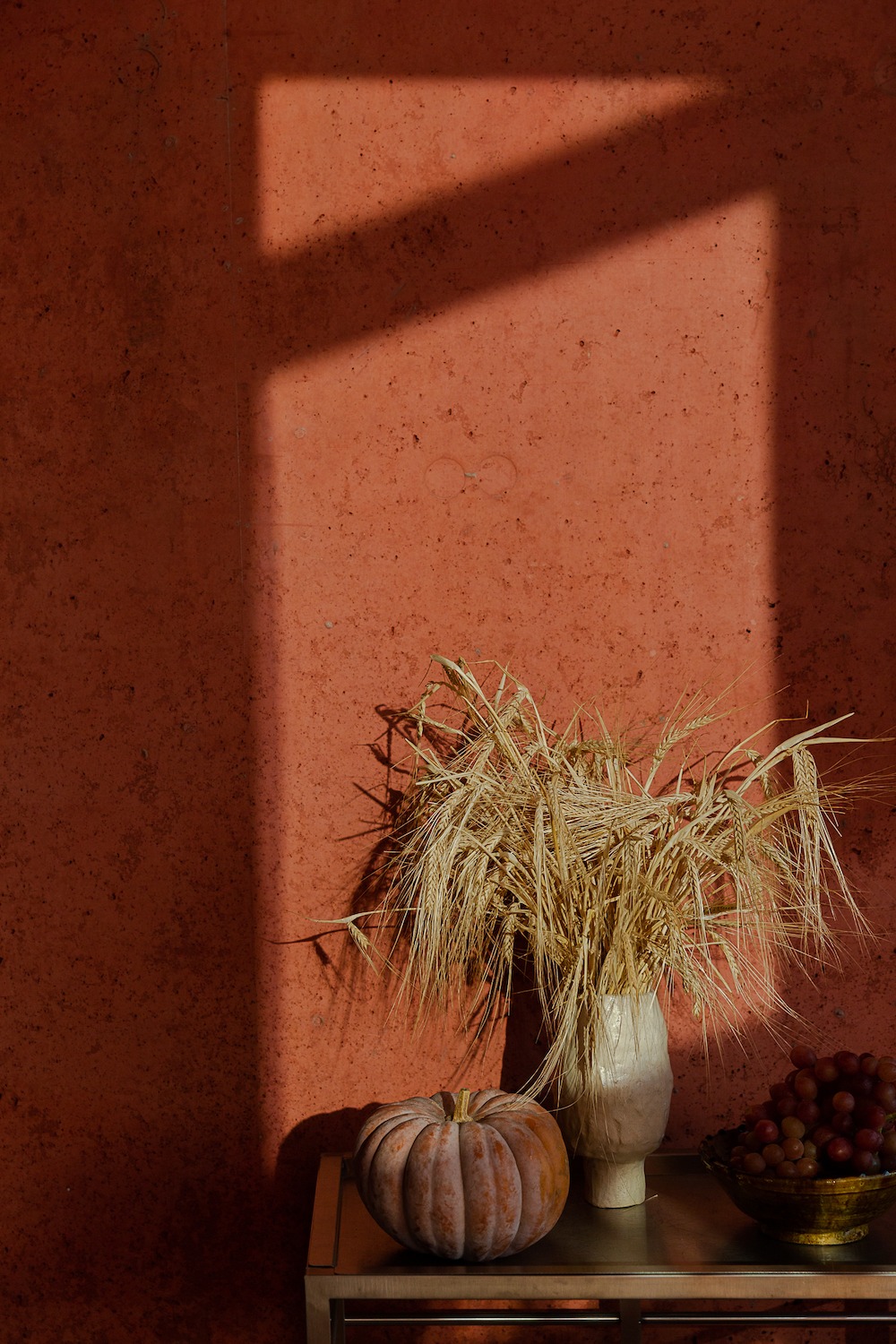
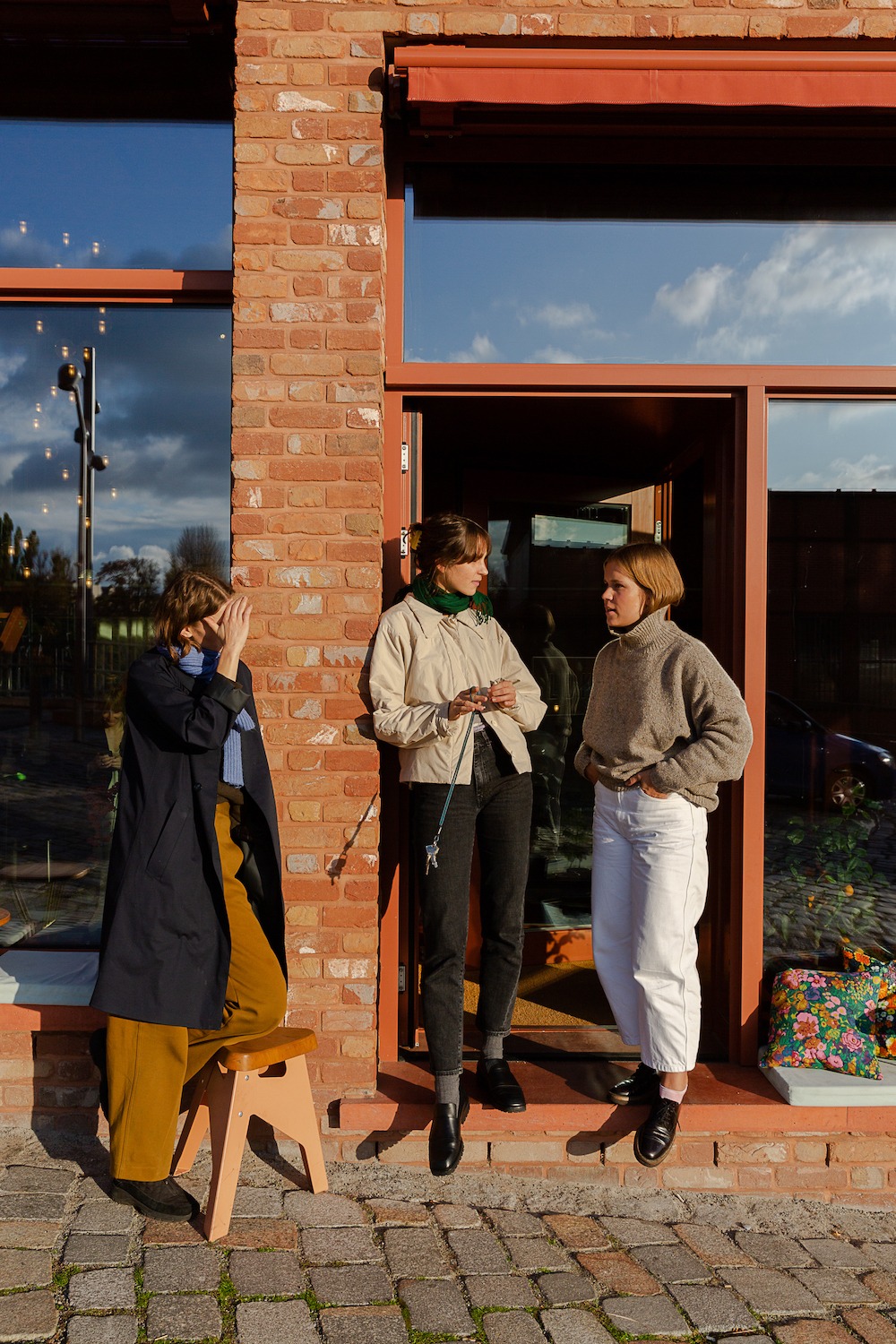
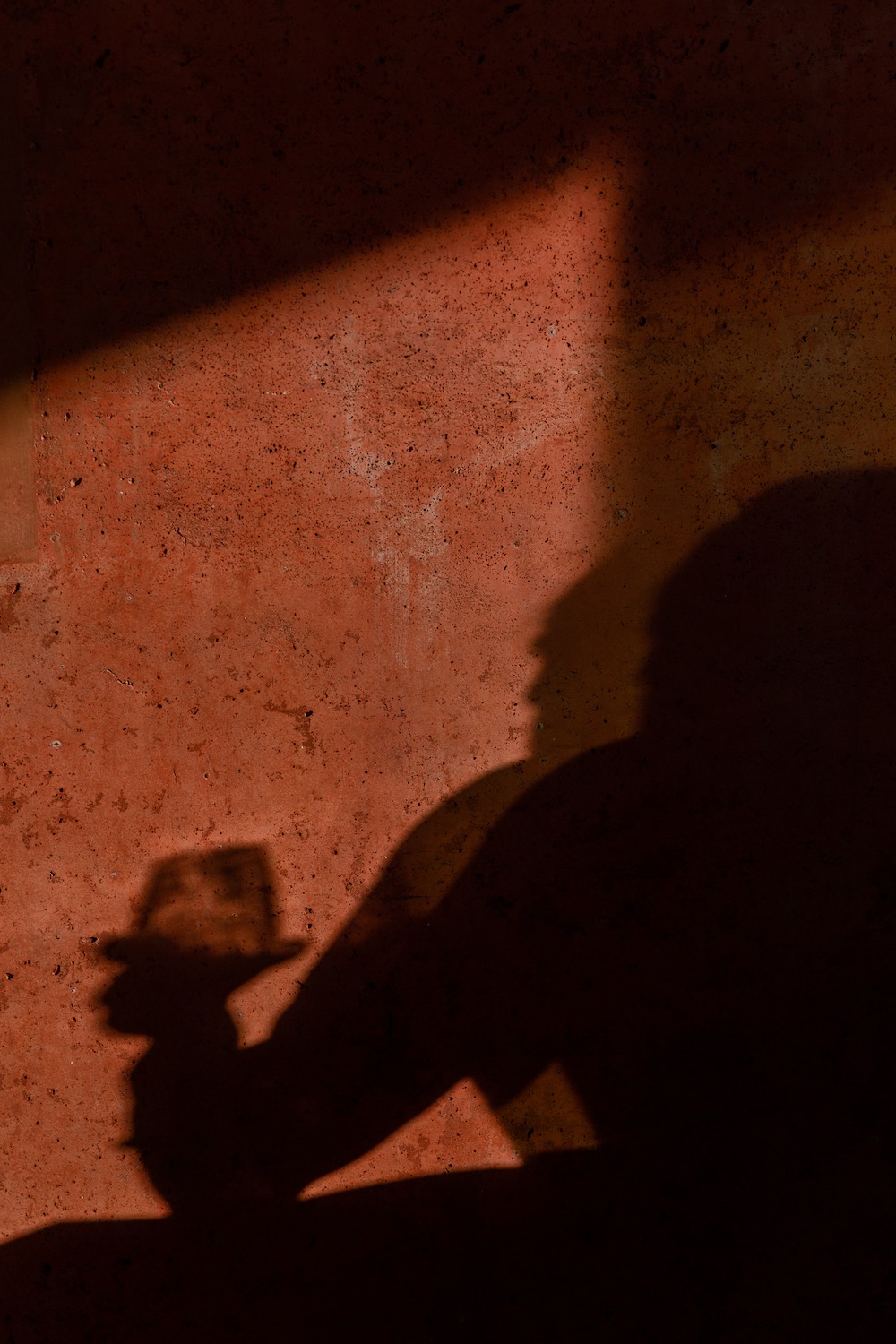
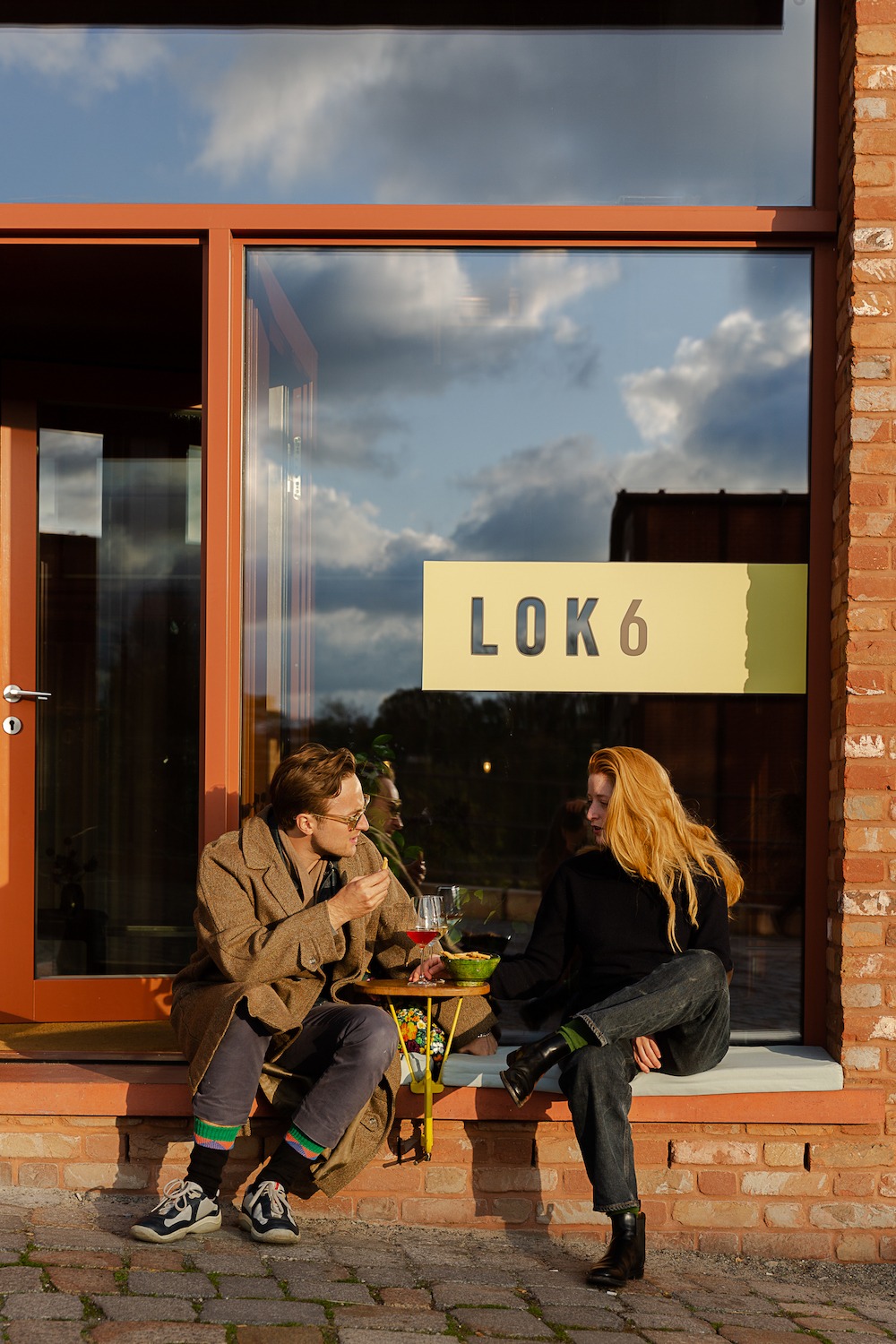
What is the best and worst of having a restaurant?
The worst is probably the never ending stress – there’s always something to do and it’s difficult to relax, even when you have a day off. But it’s worth it! The immediate interaction and feedback with the customers is so rewarding. And I simply love cooking for people. So running a restaurant allows me to do what I love on a daily basis.
What would you say is the biggest false myth in the kitchen?
That you should scream at your staff and colleagues to motivate them.
